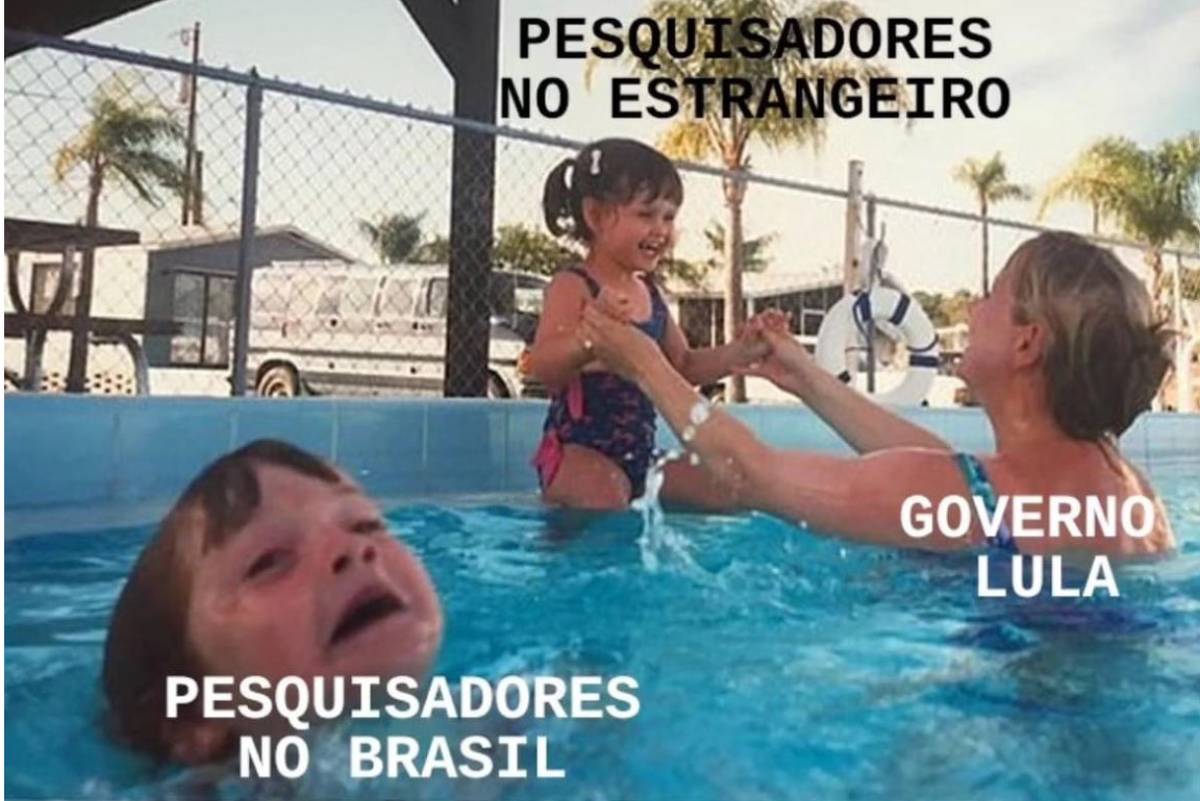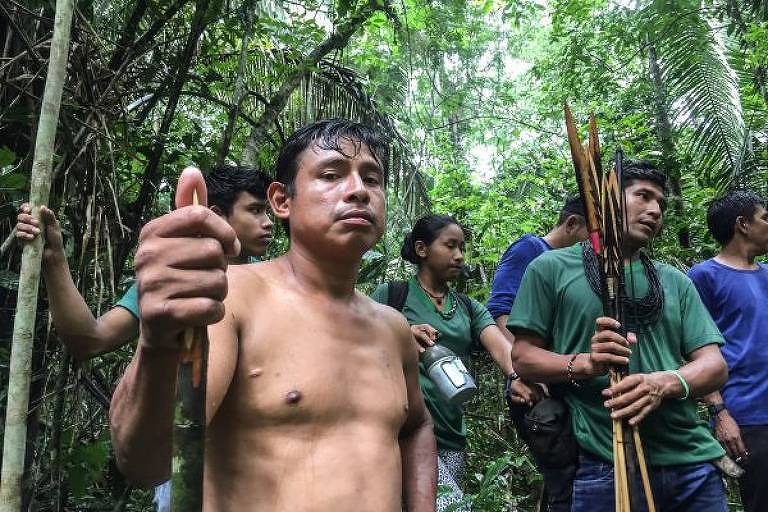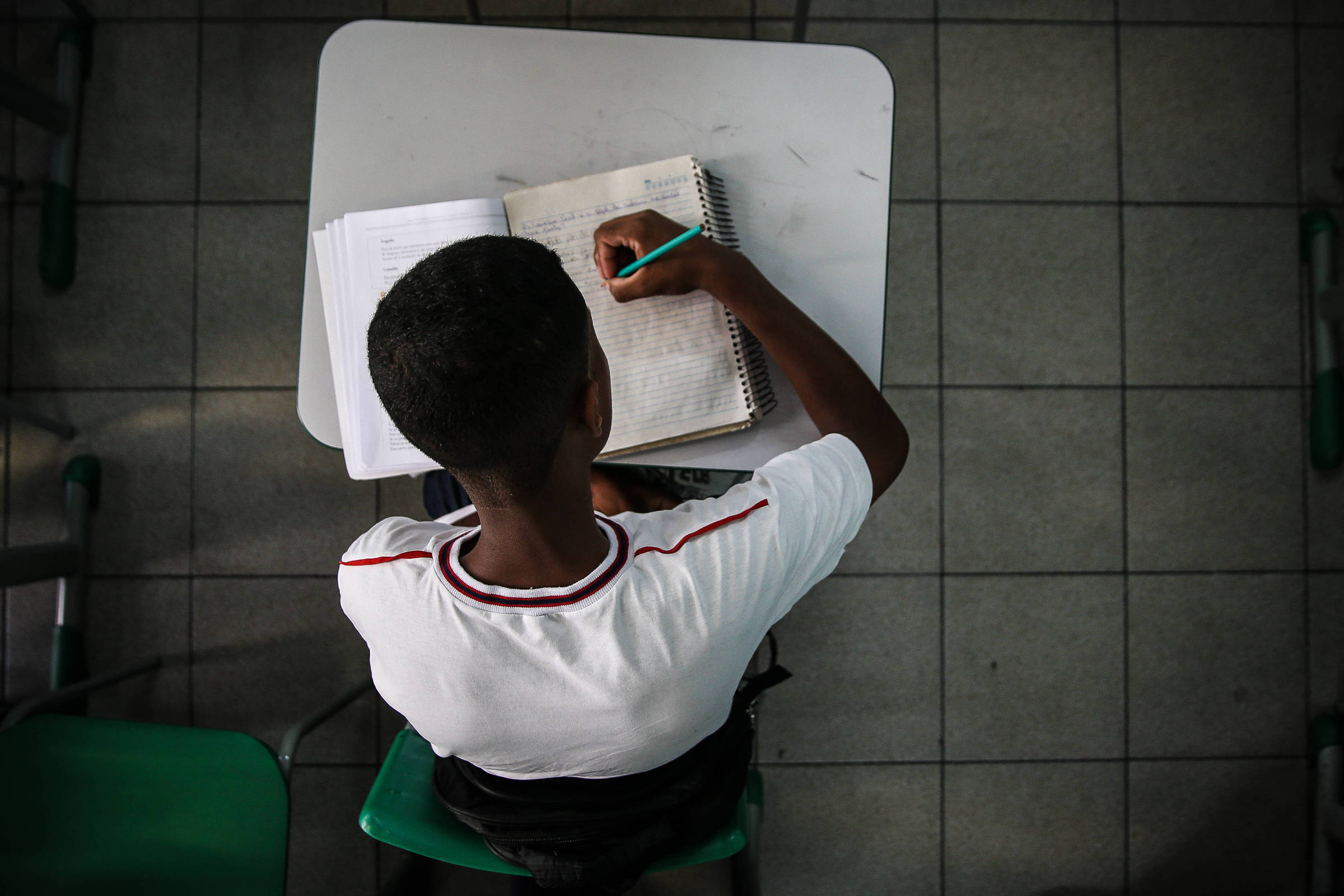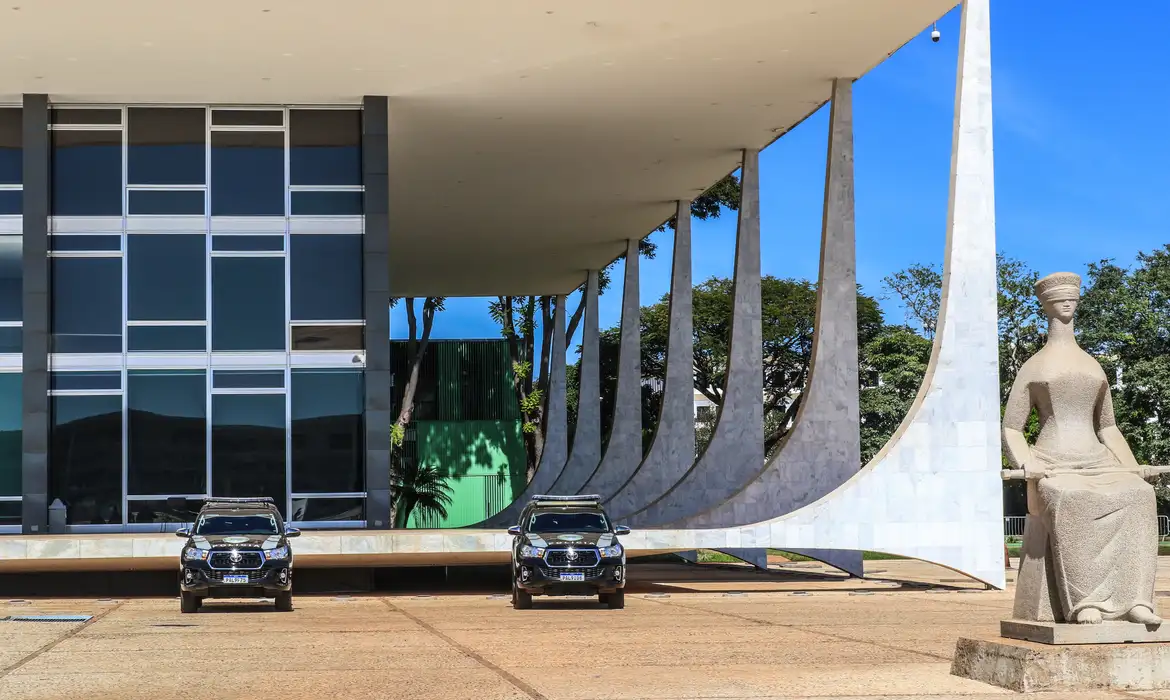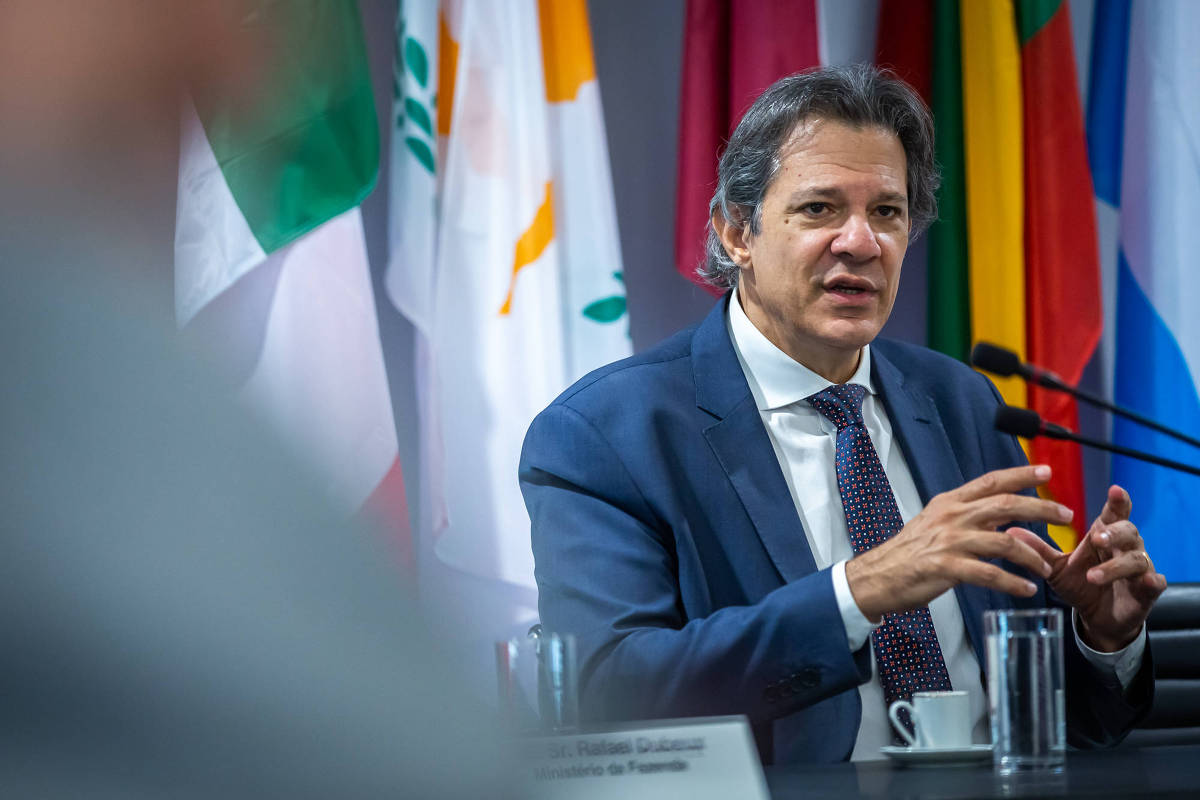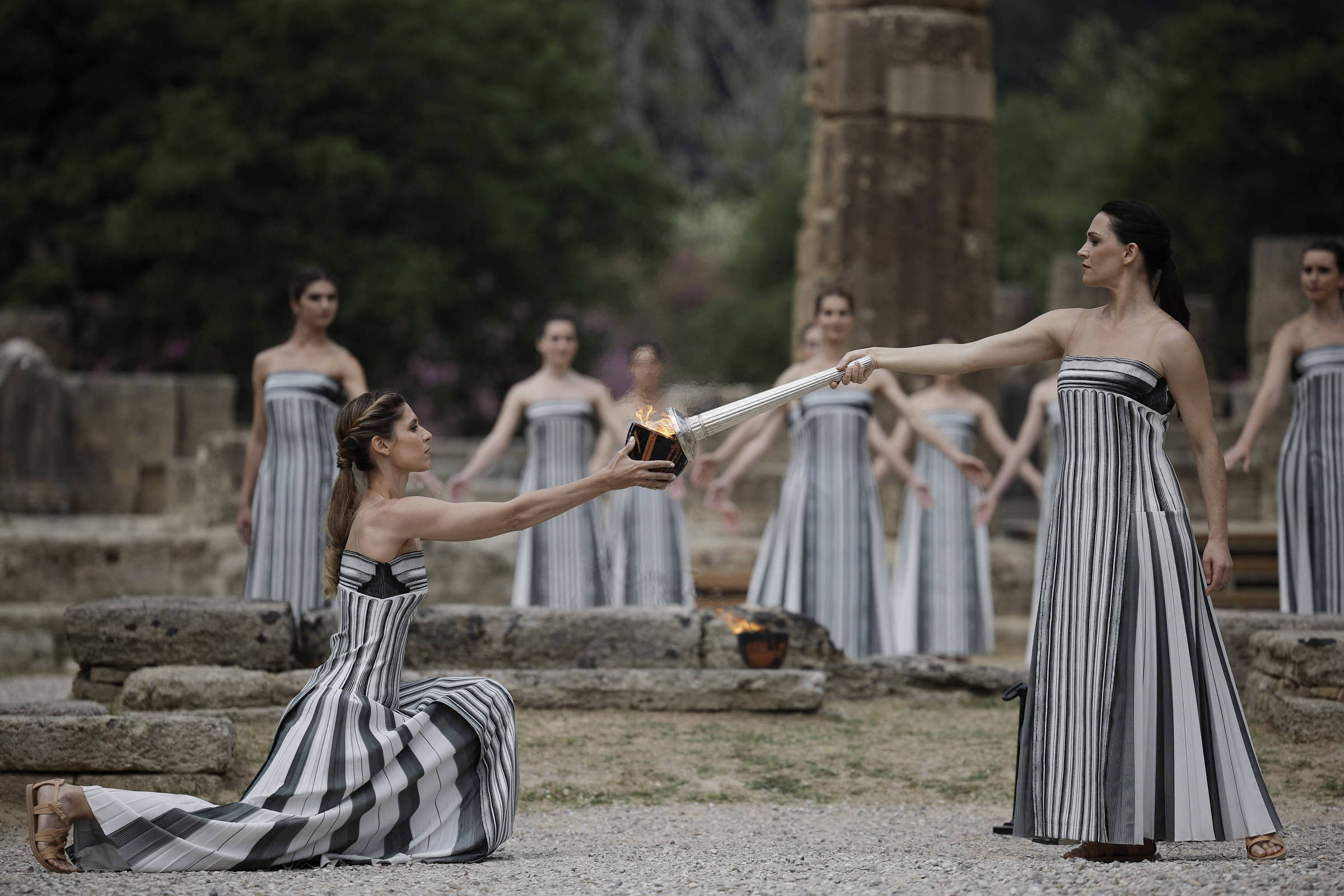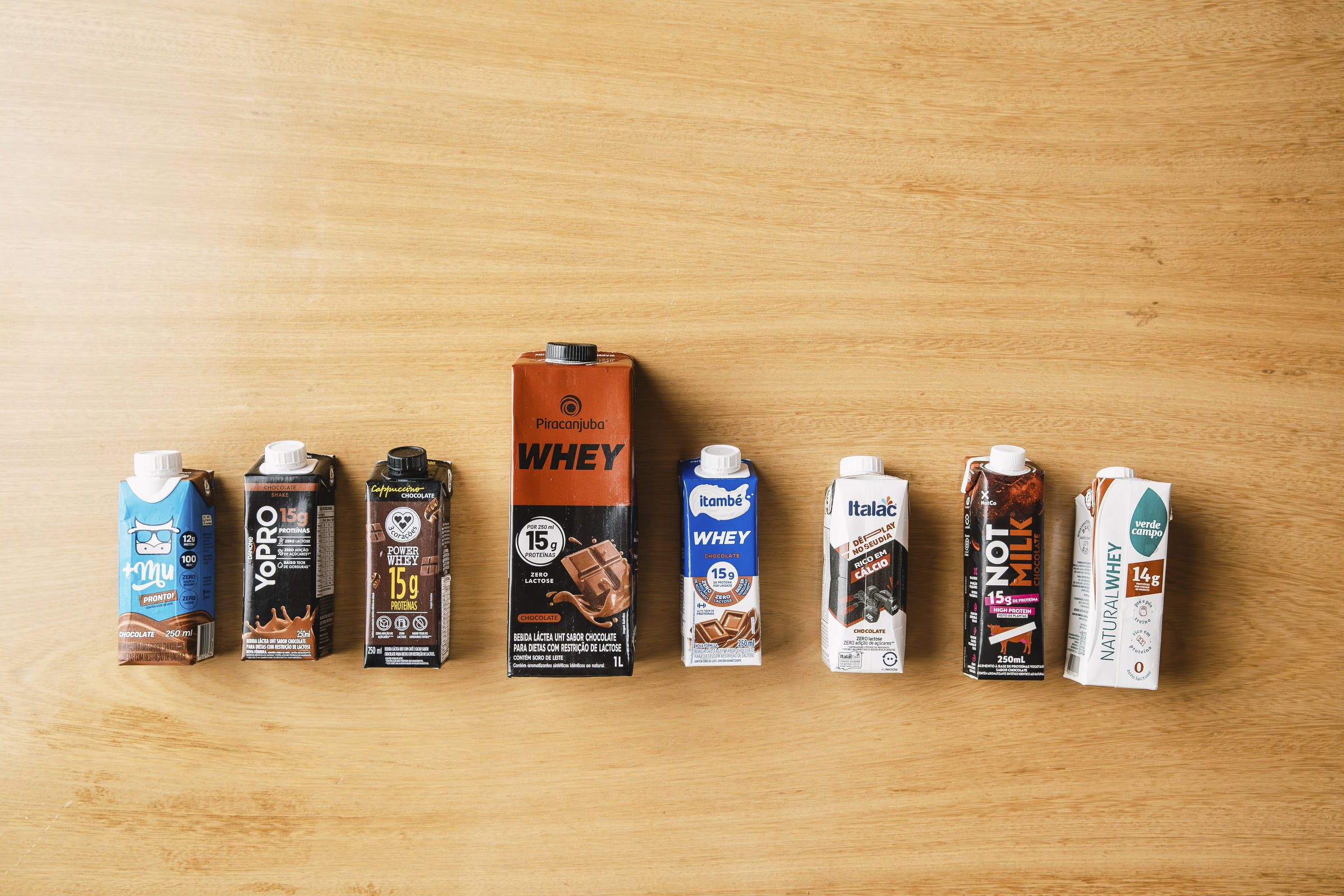Federal government has already validated almost 12 thousand diplomas of doctors trained abroad
:strip_icc()/i.s3.glbimg.com/v1/AUTH_59edd422c0c84a879bd37670ae4f538a/internal_photos/bs/2023/m/K/qFXiKXRtAsrPpdzIKvxw/revalida-agbrasil.jpg)
Data obtained via LAI show that more than 24,000 people have already taken the Revalida at least once, but were rejected. Registration for the second stage of the 2023 edition ends this Friday. Doctors prepare to take the Revalida Marcelo Camargo/Agência Brasil Since 2011, almost 12,000 doctors trained in colleges abroad have managed to validate their diploma to practice their profession in Brazil after being approved in the second phase of Revalida. Data on the National Examination for Revalidation of Medical Diplomas Issued by a Foreign Higher Education Institution were obtained by TV Globo production via the Access to Information Law (LAI). Without Revalida, Brazilians or foreigners who have graduated in medicine in other countries cannot apply for registration with the regional councils of medicine. It is the so-called “CRM” that authorizes the doctor to work in the country. Registration for the second phase of the evaluation, applied by the federal government, ends this Friday (19). (See more at the end of this article.) 🥼 What the numbers say about Revalida: The 11,988 approved represent a third of the more than 36,000 people who have already participated in any phase of at least one edition of Revalida, created 12 years ago to centralize the validation of foreign medical degrees. Before, this was done directly at Brazilian public universities, but each one adopted its own methods. This means that 24,334 have already tried to perform the Revalida at least once, but did not get the minimum grades to be approved. Of these, 19,786 have not even passed the first stage of the exam, which is theoretical and has 100 objective questions, in addition to five discursive questions. 📊 Of the nearly 12,000 candidates who have already been approved: 8,894 were approved in the second stage on the first attempt; 2,750 had to take the test twice; and 344 completed the second phase three or more times. Also according to Inep, during this period, 6,708 lawsuits were filed by Revalida participants. The reason for most of them is the right to take the tests without presenting the medical diploma. The body states that, since 2020, that is, in the last three editions of Revalida, which have already ended, 87 participants who had failed the exam, even after the appeals phase, succeeded “as a result of court decisions that summarily changed their grades” . Approved in Revalida since 2011 🎯 First phase ‘sieves’ candidates Officially, Inep considers the approval rate to be the number of approved in relation to the number of participants in each stage, separately. In this case, considering all of the more than 36,322 candidates who took the first stage at least once, 16,536 managed to be approved and move on to the second stage. They represent 45.5% of the total. The second phase has already been completed by 14,892 candidates, and 11,988 of them obtained the minimum approval score. An 80.5% success rate. Revalida has the lowest approval rate in 11 editions; doctors trained abroad point out flaws and ask for changes According to Milton de Arruda Martins, professor at the Faculty of Medicine of the University of São Paulo (FMUSP) and specialist in medical training, the difference between the two rates reflects the objective proposed by Revalida. It’s easier for you to assess medical knowledge with well-done tests, with a written test. But with this test you cannot know if the person is really a doctor. You have to look at the doctor acting, talking to the patient. The second phase serves this purpose. 📋 How is Revalida? Revalida has two stages: the first is a written test (with objective and discursive questions); and the second, practical, to test the physician’s clinical skills. The practical phase is divided into stations that simulate consultations in the Unified Health System (SUS) with the participation of actors. In total, there are 10 stations, covering five major areas of medicine: internal medicine, family medicine, pediatrics, surgery and gynecology and obstetrics. 🎓 Brazilians are two-thirds of the participants According to Inep, doctors from 88 different nationalities have participated since 2011, but Brazilians represent almost two-thirds of both those who took the tests and those approved in the first and second phase. Of the nearly 12,000 who took the two phases and were approved in both, 7,471 are Brazilian doctors studying abroad. Another 15,341 Brazilians took at least one of the Revalida tests at least once (regardless of whether or not they passed to the second stage), but did not manage to reach the end. Considering the total number of participants in any stage of the exam, and the total number of people who were approved at the end of the tests, the pass rate among Brazilians is 33%. The second nationality with the most approved in absolute quantity is Cuban: 2,054 managed to pass the Revalida, and another 3,118 have ever taken at least one of the stages of the exam and failed. Compare, below, the number of candidates for Revalida, according to the country of nationality and the result in the exam: Approved and failed in Revalida by country 🩺 From candidate to course teacher Daniel Furini, from the interior of São Paulo, is 36 years old and is one of the Brazilians who left the country to study medicine, returned, took the Revalida and today have the CRM, the necessary registration to practice the profession here. Daniel Furini, from the interior of São Paulo, graduated in medicine at the Universidad Nacional de Rosario, in Argentina, and passed Revalida on the first attempt Personal Archive In his case, medicine was his second career, which he decided to bet on at age 29. “The programming area in which I worked was very saturated”, he said, who has a background in information technology and game development. He even worked in an advertising agency and said that the amount of hours worked ended up consuming all his time. Furini then decided to look for an area with guaranteed jobs and a reasonable starting salary. But, as “stopping and studying all the questions in the preparatory course would cost a lot of time”, he decided to look for a university abroad. He ended up finding a service offered in Argentina to find a public university in the neighboring country and take care of bureaucratic procedures. The college was public, we went through an admission process. But it is not a disapproval process, it is a leveling process. In Argentina, they have a law that says education has to be for everyone. You arrive at a public college and say you’re going to study medicine, and you have the right. Ease of entry, however, does not guarantee completion of the course. “Each time you pass a year, there’s an internal sieve, but it’s a matter of studying or not. And all the tests are oral.” He also says that many Brazilian Revalida candidates with whom he has contact end up choosing colleges in Bolivia and Paraguay located near the border with Brazil and, many of them, with classes in Portuguese, reducing the cultural impact of the change. 📉 Preparation for Revalida Milton de Arruda Martins, professor at USP, points out that some of the institutions that have received many Brazilians end up offering low-quality training, which explains the high failure rate of Revalida. Candidates, in turn, complain about the unfairness of the exams, and end up resorting to preparatory courses, some with prices of up to R$5,000 for two days of classes, to try to pass. Furini says that he chose the university also because of the large number of Brazilians there, and he even ended up meeting and marrying a woman from São Paulo, who had the same plan as him. This week, the couple traveled to Argentina to get his wife’s diploma, who is already preparing for Revalida. One of the platforms she will use was precisely designed by her husband between January and February of this year, after he completed the second phase of the 2022.2 edition of Revalida, and before knowing whether it had been approved or not. “I saw that the main difficulty was not in the first phase, because it is universal. It is basically studying the theoretical basis. So, there are already many courses at this stage”, he explained. “The whole problem is how to study for the second phase. You need someone else, it’s not a method that studies alone.” Its platform, called Pensa Revalida, brings simulations about the practical stations to which candidates will be submitted in the second phase, having to attend to fictitious patients, interpreted by actors hired by Inep. The site even allows a candidate to find another, in real time, to unite and practice together, taking turns and evaluating the performance of each one. “If the person does not have a partner, we add them to a group, and they organize themselves to train. We have 1,400 daily training sessions”, said the doctor, who says that the service has already earned R$ 180,000 since its launch. , at the end of February. In April, he discovered that he passed Revalida on his first attempt. His CRM medical record arrived this week, but Furini decided to keep the platform up and reconcile the two professions. “I applied for a place at the hospital [da cidade], I took the resume. I want to try to stay in the hospital and on the platform.” 2023 Edition of Revalida This year, Revalida had 10,066 applicants, of which 9,236 participated in the first phase and 1,216 were approved. The second phase will be carried out by the National Institute of Educational Studies and Research Anísio Teixeira (Inep) on June 24 and 25. Registration for the second stage ends this Friday (19). The deadline to pay the fee of R$ 4,106.09 is until next Tuesday (23). first phase of the 2023 edition, in addition to 805 candidates from the two 2022 editions who passed the first phase but failed the second.
Source link

